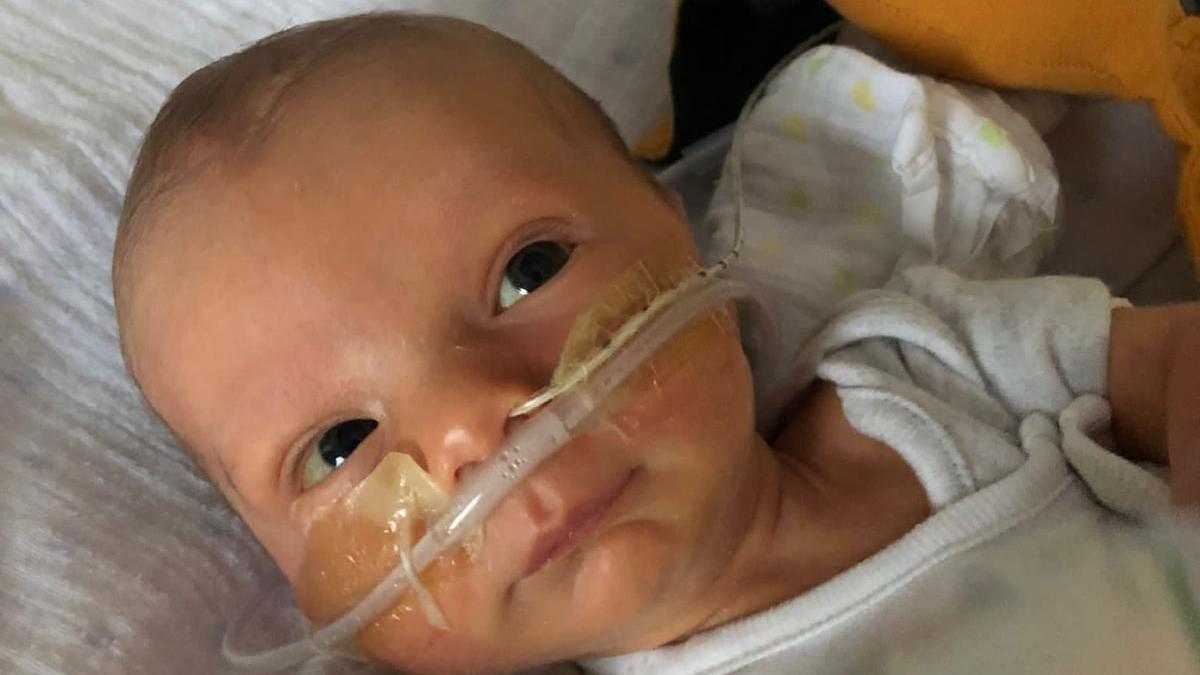Women 'traumatised' by home birth cancellations
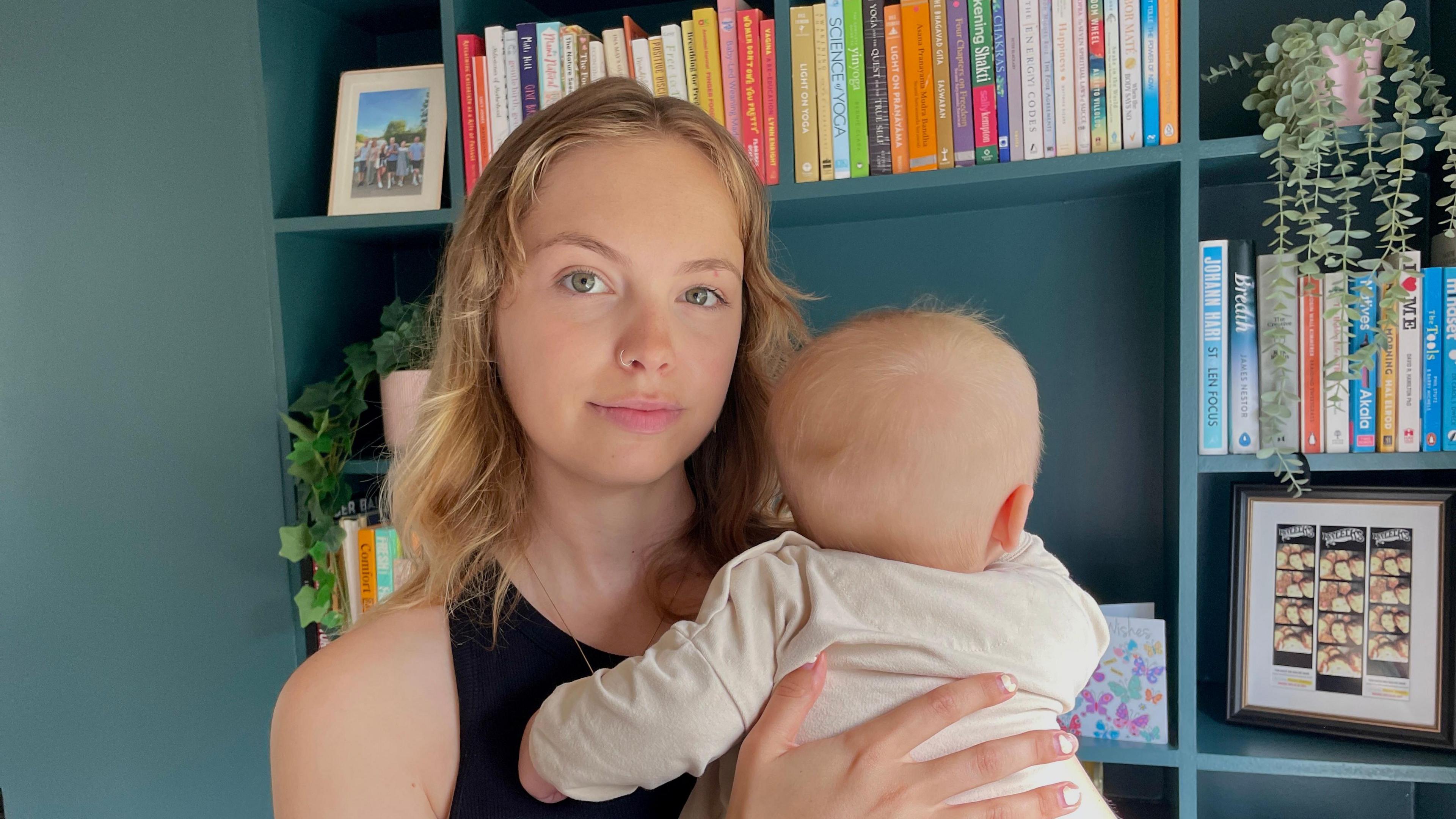
Kayla Becher said she had "really traumatic experience" after being told her home birth could not go ahead
- Published
New mothers have told the BBC they have been left traumatised by not getting the choice of birth they wanted.
Kayla Becher said she felt "upset, disappointed and let down by the maternity service" after being told she could have a home birth, but was later taken to hospital late in labour.
Almost one in five planned home births in Brighton and Haywards Heath could not be facilitated over the past year as the service was suspended 147 times.
University Hospitals Sussex NHS Foundation Trust said: "Our teams entirely support the right of parents to choose a home birth where it is safe to do so, and we do everything in our power to enable that to happen."
Data obtained by the BBC shows that, in contrast, Worthing Hospital and St Richard's Hospital in Chichester were able to facilitate all planned home births, with the service suspended on just three occasions.
According to the NHS, external, if a pregnancy is low risk, giving birth at home can lower the risk of interventions such as caesarean sections, forceps and epidurals compared with giving birth in hospital.
Between September 2024 and July 2025, 105 women in the catchment area of the Royal Sussex County Hospital (RSCH), Brighton, and the Princess Royal Hospital (PRH), Haywards Heath, gave birth at home.
However, a further 59 planned home births could not be facilitated due to the service being suspended.
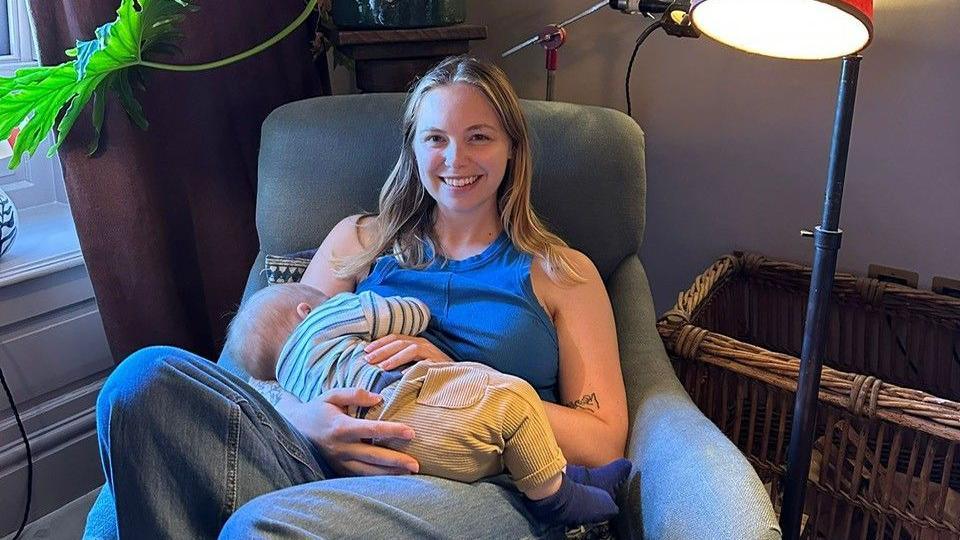
"It was a really traumatic experience for me overall," said mum Kayla Becher
Ms Becher said her "biggest fear about birth" was that the home birth team would not be running.
"I really didn't want to go into hospital," she said.
When Ms Becher went into labour in March, the home birth team came to check on her and agreed to return later when she was closer to giving birth.
However, when she asked for the midwives to return she was told the service was no longer available.
She had to give birth at the RSCH, which eventually resulted in an emergency caesarean.
"It was a really traumatic experience for me overall," she said.
Cornelia Marland, who had her baby in March, said she wanted to give birth at home as she could "see the benefits of being in a calming environment".
She also had a bad association with hospitals following a recent bereavement.
But when she went into labour, she was told the home birth service was not available.
She had a "long and difficult birth" that required medical intervention.
While it is "impossible to say" if the birth might have gone differently if she had been at home, Ms Marland said: "It's more the fact that I didn't have the opportunity or the support to try.
"Looking back on it I just feel very sad for myself but also sad for the future of other women who are planning on a home birth but at the last minute aren't able to have one."
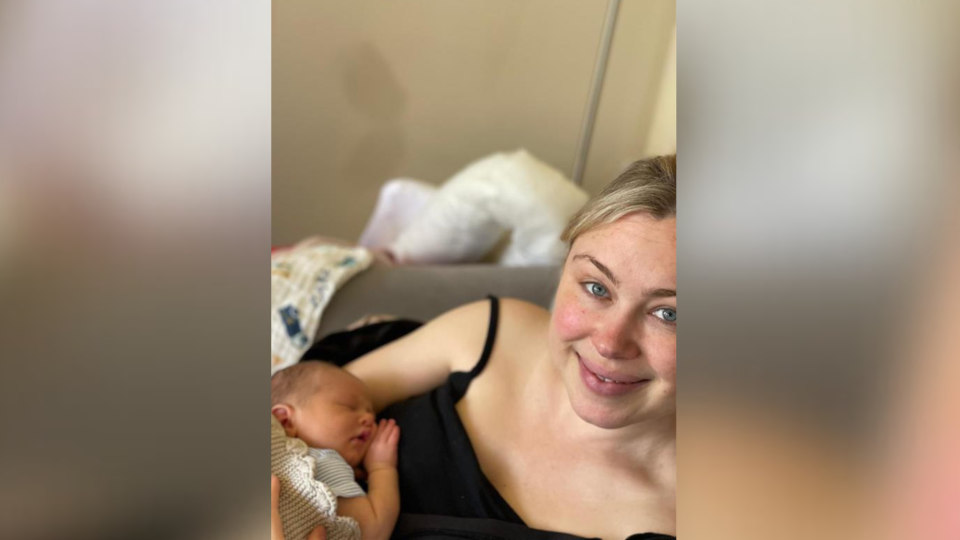
Cornelia Marland was planning a home birth but was told at the last minute that she would have to deliver in hospital
Frances Barnes, head of midwifery at the RSCH and PRH, said the trust's "overriding duty" was to "provide the safest possible care for everyone - both parents and babies alike".
"Regrettably, that can sometimes mean there are occasions when we cannot support home births – that is the last thing we ever want to do, and we would only ever take such a step if it was truly necessary to keep people safe," she said.
Last year, the charity Birthrights conducted a report, external that found home birth services were "patchy and unreliable all across the UK".
Policy and campaigns manager Elif Ege said the report found that "certain neighbourhoods, poor communities and black brown communities" were less likely to have access to a home birth.
She said some women even felt "coerced into unassisted birth in some cases" with no midwives present, which was "very, very problematic if it doesn't come out of genuine choice".
The BBC has spoken to women in Brighton who had unassisted births after being told the home birth service was unavailable.
"I met some amazing healthcare professionals who are trying their best to provide these services," said Elif Ege "but there's lack of training and lack of support [for them]".
Ms Barnes added: "Our teams work tirelessly to provide mums and birthing people with the opportunity for a homebirth whenever they possibly can, and we are recruiting more colleagues now to strengthen our services further.
"It is encouraging that we have reduced the number of service suspensions during this year, and are working on eliminating them completely."
Follow BBC Sussex on Facebook, external, on X, external, and on Instagram, external. Send your story ideas to southeasttoday@bbc.co.uk, external or WhatsApp us on 08081 002250.
Related topics
- Published11 November 2024
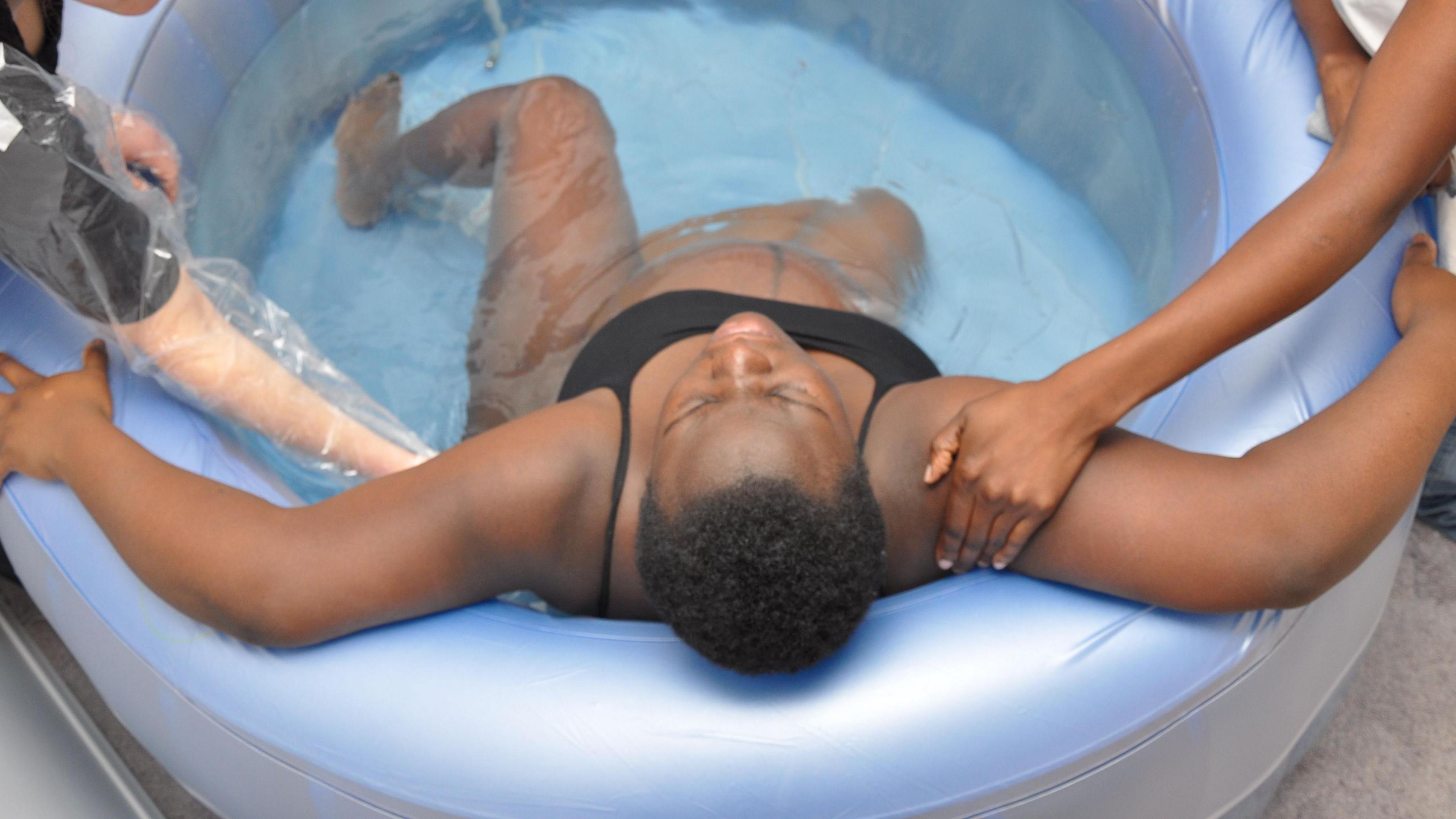
- Published4 June 2024
